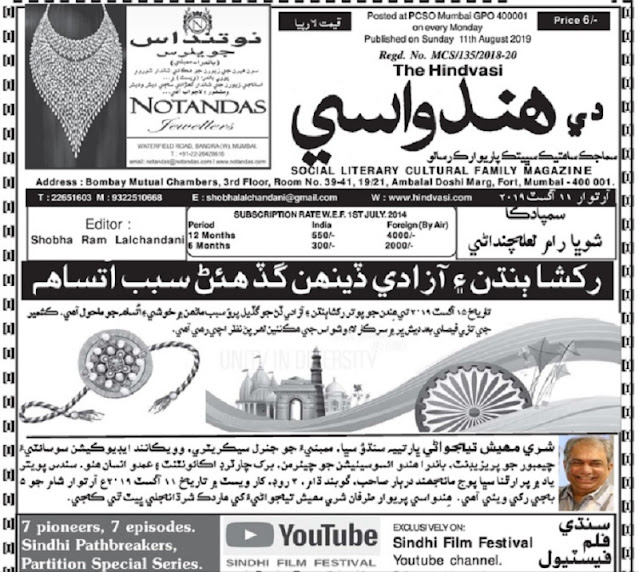Five Popular Social Networking Sites That Lost Importance After Facebook and Twitter
Social networking sites have been a very important tool on Internet, there mean purpose is to connect people through worldwide web. Some of the social sites like Facebook, Twitter, Instagram, Youtube have revolutionized the world and given a digital platform to common people. The impact of social media is so much that the founder of Facbook Mark Zuckerberg was called in the US Senate to answer question about regarding issues like privacy of people being sabotaged by his social networking site, while there were rumours that US presidential elections were manipulated by Russia through social media. However, in this blog we would discuss about five popular social networking sites that lost importance after emergence of Facebook, Twitter and modern social networking sites.
MSN Messenger: MSN Messenger was introduced on July 22, 1999, and was marketed under the MSN branding until 2005 when it was rebranded under Windows Live and has since been officially known by its present name, although its previous name was still used colloquially by most of its users. In June 2009, Microsoft reported the service attracted over 330 million active users each month, placing Messenger among the most widely used instant messaging clients in the world. But now it's popularity has gone done because of Facebook and Twitter.
Yahoo Messenger: Yahoo Messenger was an advertisement-supported instant messaging client and associated protocol provided by Yahoo!. Yahoo Messenger was provided free of charge and could be downloaded and used with a generic "Yahoo ID" which also allowed access to other Yahoo! services, such as Yahoo! Mail, where users could be automatically notified when they received new email. Yahoo! also offered PC-to-PC, PC-to-Phone and Phone-to-PC service, file transfers, webcam hosting, text messaging service, and chat rooms in various categories. Yahoo! Messenger was originally launched under the name Yahoo! Pager on March 9, 1998. But it is hardly used nowadays.
ICQ: The ICQ application and service were initially released in November 1996 and the client was freely available to download. Users could register an account and would be assigned a number, like a phone number, for others to be able to contact them (users could also provide handles). ICQ was among the first stand-alone instant messenger and the first online instant messenger service — while real-time chat was not in itself new to the internet (IRC being the most common platform at the time), the concept of a fully centralized service with individual user accounts focused on one-on-one conversations set the blueprint for later instant messaging services like AIM, and its influence is seen in modern social media applications. Whilst Internet Relay Chat programs, like Pirch and mIRC, dominated the market for many years, their popularity began to fall in the face of mobile computing which had begun to take hold with PalmPilot and the fledgling Microsoft Windows Compact Edition.
mIRC Chat: mIRC is an Internet Relay Chat (IRC) client for Windows, created in 1995. It is a fully functional chat utility, and its integrated scripting language makes it extensible and versatile. mIRC has been described as "one of the most popular IRC clients available for Windows." It has been downloaded over 40 million times from CNET's Download.com service. In 2003, Nielsen/NetRatings ranked mIRC among the top ten most popular Internet applications.
Orkut: Orkut was a social networking website owned and operated by Google. The service was designed to help users meet new and old friends and maintain existing relationships. The website was named after its creator, Google employee Orkut Büyükkökten. Orkut was one of the most visited websites in India and Brazil in 2008. It was founded in 2004, and now it has been replaced by other social networking sites.









Comments
Post a Comment